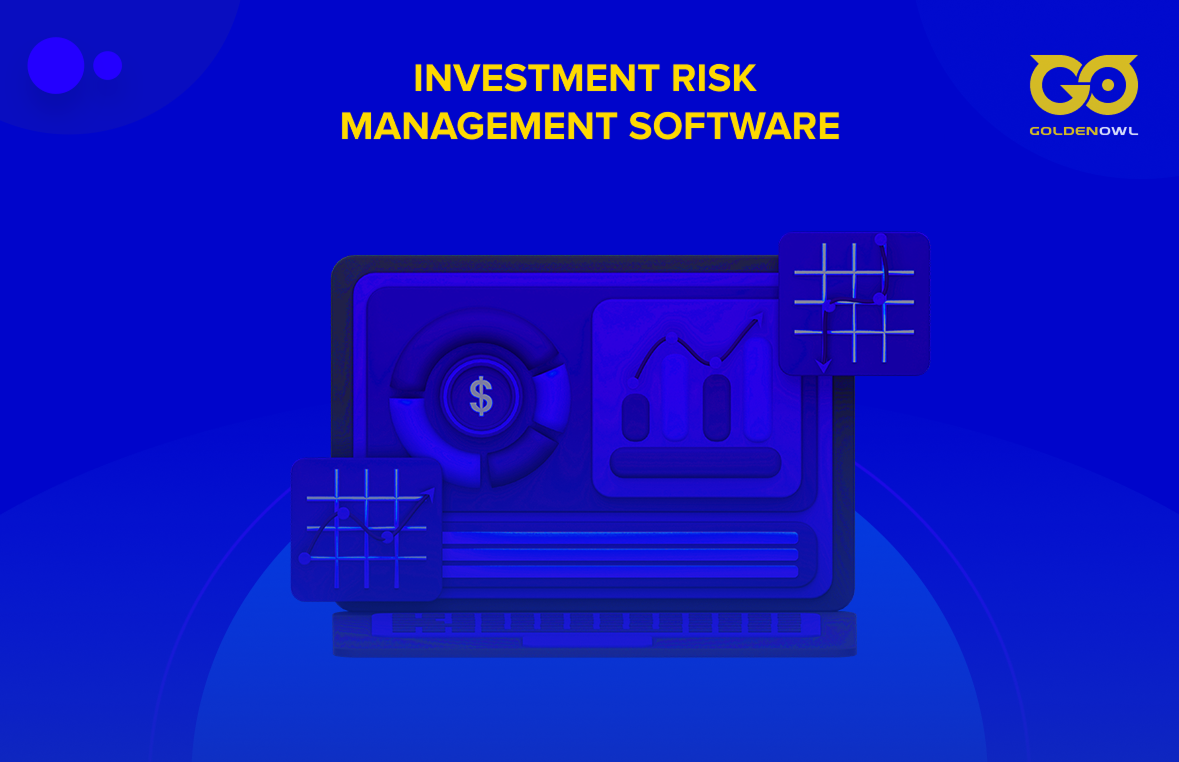Making mistakes is a part of coding, and every programmer, especially as a beginner coder. This is how they learn and progress as developers.The problem is, sometimes you don’t know you’re making them.
If you're a beginning programmer, this isn't designed to make you feel guilty about the coding mistakes you're making. But rather, it's meant to make you aware of them, educate you how to recognize warning signals, and remind you to avoid them.
Look for the 7 most typical coding mistakes that new programmers make to save time and effort.
1. Start with fear
There can be a lot of mental questions and problems for some programmers just starting out.
- Is it true that I am as smart as I think I am?
- Is it true that I am the right person to program?
- Can I make money from this?
At first, the Code will look like an unreadable alien language wall. That's completely typical! But as you explore what each part does, it becomes less intimidating. And you realize that it all really makes sense once you understand what it means. Programming and logical thinking require some inherent aptitude. But this is far outweighed by the hard work and hours spent writing your code, reading tutorials, and studying through the documentation.
Master your fear, or fear will be your master!

2. Learning too many programming languages, frameworks and technology
When learning to program, this is one of the most typical coding mistakes that most beginners make. They believe that having Java, C++, Python, and a slew of other languages, frameworks, and technologies to show off or list on a CV is remarkable. However this is a sign of being not intellect. People always prefer someone with in-depth expertise and years of experience in just one of them.
If you learn Java for 15 days and then switch to Ruby because Java is difficult or for some other reason, you will end up with a lot of confusion. Although you can show others that you are fluent in several languages, we strongly advise you to concentrate on one at first. You will have no trouble switching to another language after you have gained enough experience. If you make this mistake, you will discover after a few years that you are not a master of any single language at all.
3. Repetitive code
“Don't Repeat Yourself” is one of the fundamental programming ideas you'll encounter as you study. This is sometimes abbreviated as DRY, and code developed according to this idea is referred to as DRY code.
It's easy to slip into the trap of repeating code, and it can take some digging to figure out how much is duplicated. If you're copying and pasting code, it's probably repetitious and should be updated, as a general rule.
This coding mistake will go away if you get comfortable using loops and functions to accomplish your work for you. A web framework can also help you reduce the amount of code you write. As a developer, there are a few web frameworks worth learning.
4. Programming without a plan
High-quality content cannot be created easily. It requires careful thinking and research. There are no exceptions when it comes to high-quality programming. Writing high-quality programs follows a set of steps: consider, research, plan, write, validate, and modify.

Unfortunately, many beginner coders bypass the project's thinking, research, and planning stages and jump immediately into creating code. They don't comprehend the problem's requirements or limits, and they don't consider all possible possibilities (what should be the input and output, for example). While this may work for a small standalone app, it has a significant detrimental impact for larger apps.
It is advised that a new coder should follow the process of Think, Research, Plan, Write, Validate, and Modify before producing code to avoid any issues or disasters at the production level.
5. Not naming variable and function properly
We may laugh at Java programmers' lengthy class and variable names, such as the famous "AbstractSingletonProxyFactoryBean," yet there is a compelling justification for using longer, descriptive variable names rather than quick acronyms.
The code's aim becomes much more apparent, and you're far less likely to have two variables with the same name in separate places, which can be confusing or even cause yo ur code to break. There's a stronger case for shorter variable names in JavaScript, where file size is a concern. But even so, you shouldn't abbreviate to the point of losing all significance.
Variables should be labeled clearly and concisely. Avoid employing vague terms that have no meaning. It's quick and easy to throw something together, but it makes it much more difficult to figure out what's going on when you need to come back to your code later.
6. Fail to make use of debugging tools
You should use the debugger if you're working in a statically typed language like Java, C#, or ActionScript3. These languages provide extremely comprehensive errors, which, when combined with a debugger, can make finding issues in your code a breeze.
While you don't have quite as much debugging capability when dealing with JavaScript, there's still more than just "alert()" to help you. Chrome comes pre configured with useful developer tools that display the output of "console.log()" and detail code faults.
7. Having a Negative Attitude Towards Errors
Errors are good. They indicate that you are progressing. They indicate that you have an easy opportunity to achieve more development in the future.
Expert programmers love errors. Newbies hate them!
You need to modify your attitude if seeing these nice little red error notices bothers you. You should think of them as a source of assistance. It's up to you to deal with them. To gain progress, you must use them to your advantage.
Conclusion
Every day, programmers make coding mistakes, not just newbies, whether it's writing faulty code or failing to attempt new things that would improve their expertise and productivity. While it is possible to be a programmer without making many mistakes, you cannot be a competent programmer without admitting and learning from your faults.
Trust the process and you will be amazed by the amount of things you learned after all.























